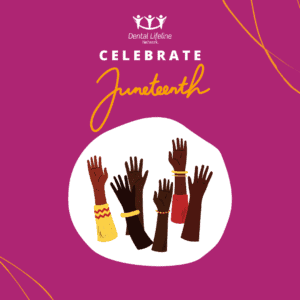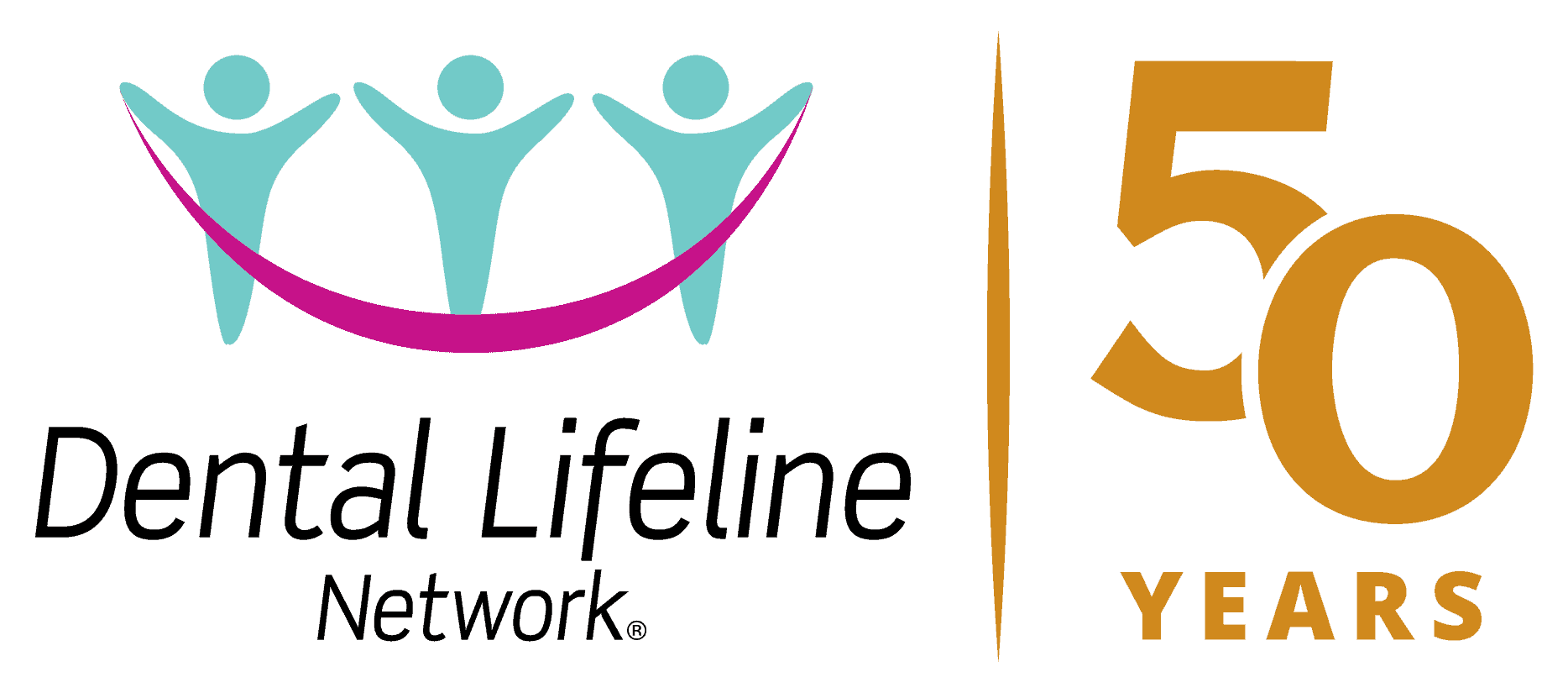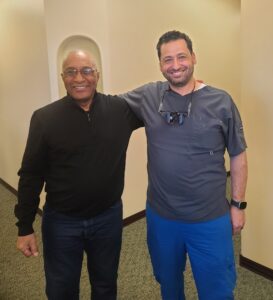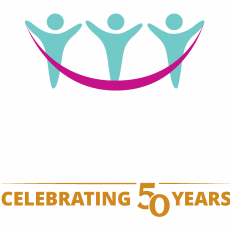
On June 19, 1865, more than two years after the Emancipation Proclamation was issued, Black Americans in Galveston, Texas, received news that forever changed their lives. They were finally informed of their liberation from the shackles of slavery. This momentous occasion marked the Day of Freedom, a day of immense significance to the African American community.
Today, Juneteenth is celebrated throughout the United States with joyous gatherings, cookouts, and festivities. It has become a time for prayer, festivals, singing, fellowship, and education. The holiday serves as an opportunity to reflect on the struggles and achievements of Black Americans and to honor their resilience in the face of adversity.
In a historic move, legislation was enacted on June 16, 2021, establishing Juneteenth as a Federal Holiday. The following day, President Biden signed it into law. This official recognition highlights the importance of Juneteenth in our nation’s history and emphasizes the significance of this day to the Black community and the country as a whole. While July 4th is widely celebrated as America’s Independence Day, for many Black Americans, their true Independence Day began on June 19, 1865. Juneteenth represents the moment when the last remaining enslaved people in Texas learned of their freedom, a critical milestone towards the end of slavery in the United States. It serves as a powerful reminder that freedom and equality have not always been universally realized, and the fight for justice continues.
Historically, Black Americans and other marginalized communities have faced disparities and inequities when seeking oral health care. According to the American Dental Association’s Health Policy Institute, Hispanics and Black Americans are most likely to face cost barriers to dental care, which is a result of historic discrimination.
Dental Lifeline Network is committed to promoting diversity and inclusion not only in the workplace, but also with patients that we provide care to as we believe that everyone deserves access to oral health care. To learn more, please check out some of the resources below.
Sources:




